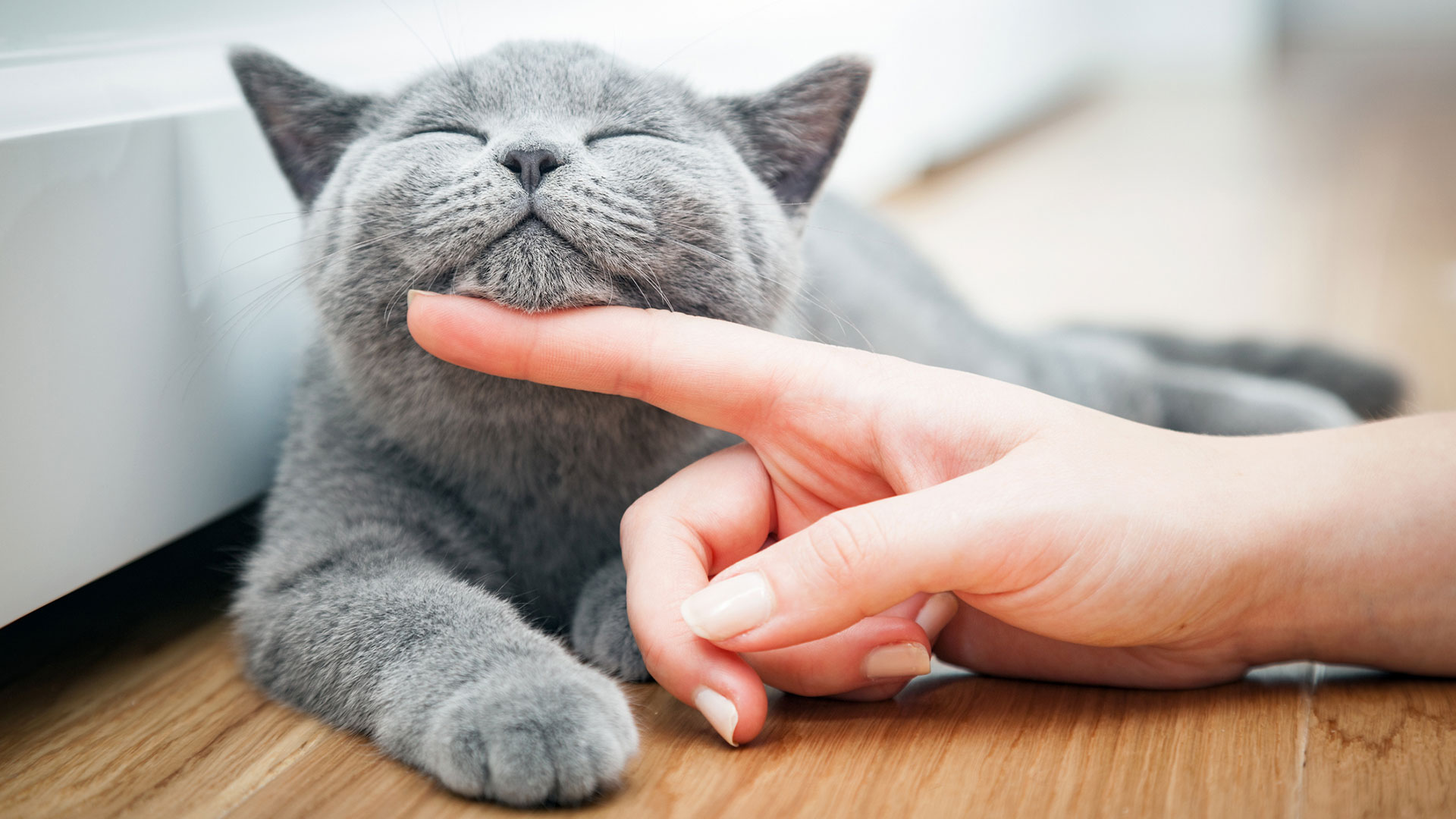-
Whether they be furry, scaly, feathery, even slimy, animal companions bring so much joy to our lives. And living in an apartment needn’t prevent you from having these fulfilling relationships.
That said, there are some things you will need to think about when considering a pet for your apartment, or an apartment for you and your existing pet.
What makes a good apartment pet?
Cats are generally perfect apartment companions, and can be happy being on their own. Smaller breeds of dogs like bulldogs, shi tzus, Cavalier King Charles spaniels, Australian terriers, pugs and chihuahuas are great choices. Then you have basenjis, which rarely bark.
Surprisingly, greyhounds and whippets also make ideal apartment buddies as they’re quiet, low maintenance and, although they need a good walk or run each day, they’re pretty happy to laze around the rest of the time.
And of course, smaller critters – like fish, mice, guinea pigs, rabbits and the like – can be a lot of fun too. They might not be as snuggly, but they do generally mean less work, and can still give you good company.
MORE: Get a quote for Medibank pet insurance now
Here are a few other things to consider.
Hot or cold?
It’s really important to understand the temperature requirements of your animal. Also, in smaller spaces, temperature variations can occur quite rapidly, so make sure there are adequate warm or cool spots for when your pet is unattended at home.
High or low energy?
Many dogs and cats can be classed as either. Small dogs mightn’t need a lot of space, but breeds such as dachshunds would benefit from an outdoor area. Cats for the most part can thrive in small apartments, though more energetic breeds like Bengals may be a handful if they don’t have adequate distractions and playthings to keep them occupied.
What’s that noise?
Even the smallest of dogs like beagles and Yorkies can make the loudest of rackets. But on the flipside, we also need to consider the impact that outside noise can have on our pets. If your pet is easily agitated, this is worth considering if there’s noisy activity around your location. Easily startled dogs can quickly give rise to easily annoyed neighbours.
MORE: 5 essential things your cat needs to be happy
What’s on the floor?
Let’s face it, hard floors are convenient for wiping up animal mess. But it’s also worth having some cheap, durable rugs that will allow a little more warmth and comfort to play out their animal instincts.
Are they connected to nature?
As with any creature, being closer to nature can bring out the best in your pet. Plants and chewing grass are a good idea, though be mindful that some types may be toxic to some animals and breeds.
Time for walkies?
Apartment dogs will definitely need to be taken out for walks a few times a day. Make sure they also have access to a designated toilet area as well.
Short on space? Look up!
Even if your apartment is tight for space, cats can still keep themselves occupied exploring the space above your head. You can set up a network of connection surfaces, like floating shelves and bookcases. Cats love being able to look down on their human servants.
Adequate ventilation?
Animals get a real kick out of smells, so having a channel of outside air coming in could be a great way of keeping things interesting for them. It will also help air out the kitty litter area.
Do they need a buddy?
Some animals like dogs may fare better with a companion. Not only does it keep them occupied, it also means they can focus their energy on each other, and not on your furniture.
How to keep apartment pets happy and healthy

Things you should know
Medibank Pet Insurance policies entered into for the first time prior to 30 August 2023 and subsequent renewals of those policies are issued by The Hollard Insurance Company Pty Ltd ABN 78 090 584 473, AFSL 241436, arranged and administered by PetSure (Australia) Pty Ltd ABN 95 075 949 923, AFSL 420183 (PetSure) and promoted and distributed by PetSure’s Authorised Representative (AR) Medibank Private Limited ABN 47 080 890 259, AR 286089 (Medibank).
Medibank Pet Insurance policies entered into for the first time on or after 30 August 2023, and subsequent renewals of those policies are issued by PetSure and promoted and distributed by PetSure’s AR, Medibank.
Any advice provided is general only and does not take into account your individual objectives, financial situation or needs. Please consider the Product Disclosure Statement (PDS) ensure this product meets your needs before purchasing, or choosing to continue with the product. PDS and Target Market Determination available at medibank.com.au/pet-insurance.
-
How is ‘phubbing’ hurting your relationships?
Here’s how to stop phubbing and be more mindful of your phone habits, to help improve face to face interactions with your family and friends.
-
Are the winter blues real?
Simple ways to boost your mood in winter.
-
Mental fitness explained
Just as you work to strengthen your body, your mental health deserves attention and exercise too.
-
The link between stress, anxiety and jaw pain
Physiotherapist Michael Chan explains how stress and anxiety can cause jaw pain, and how to help get some relief.
-
When you can't sleep next to your partner
You love everything about them – except their sleep habits.
-
The 7 best sleep apps
7 apps for deep restorative sleep



.jpg)

